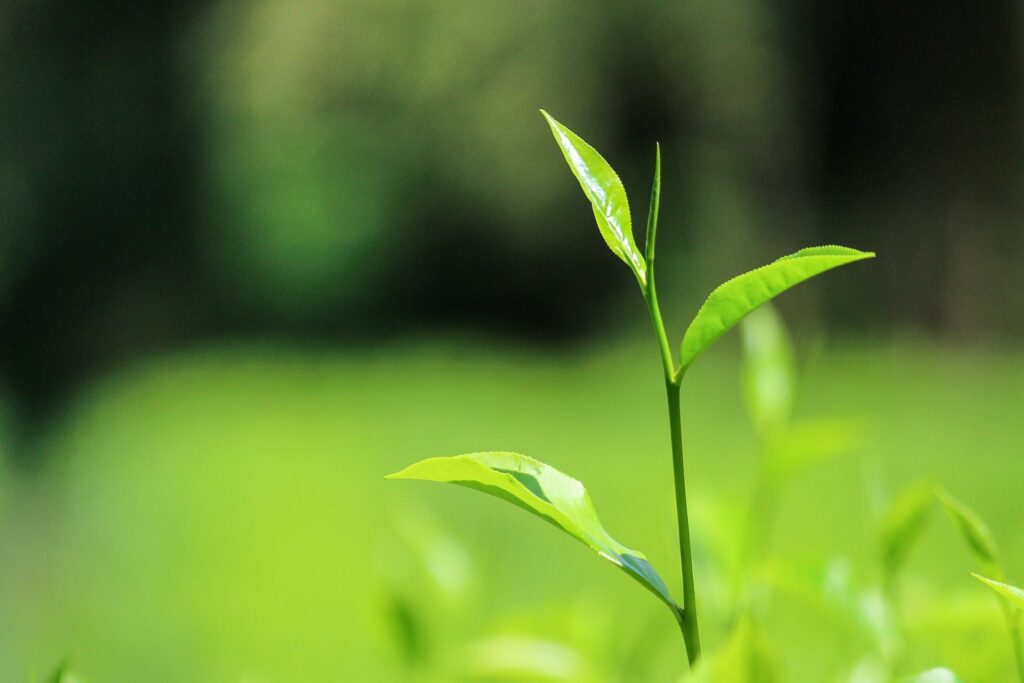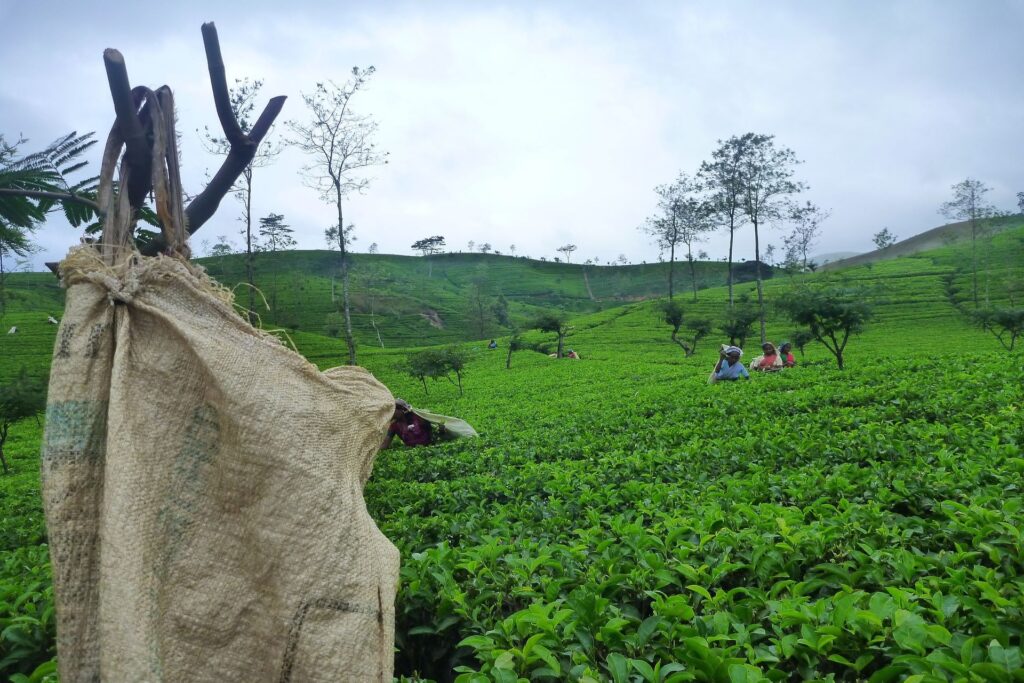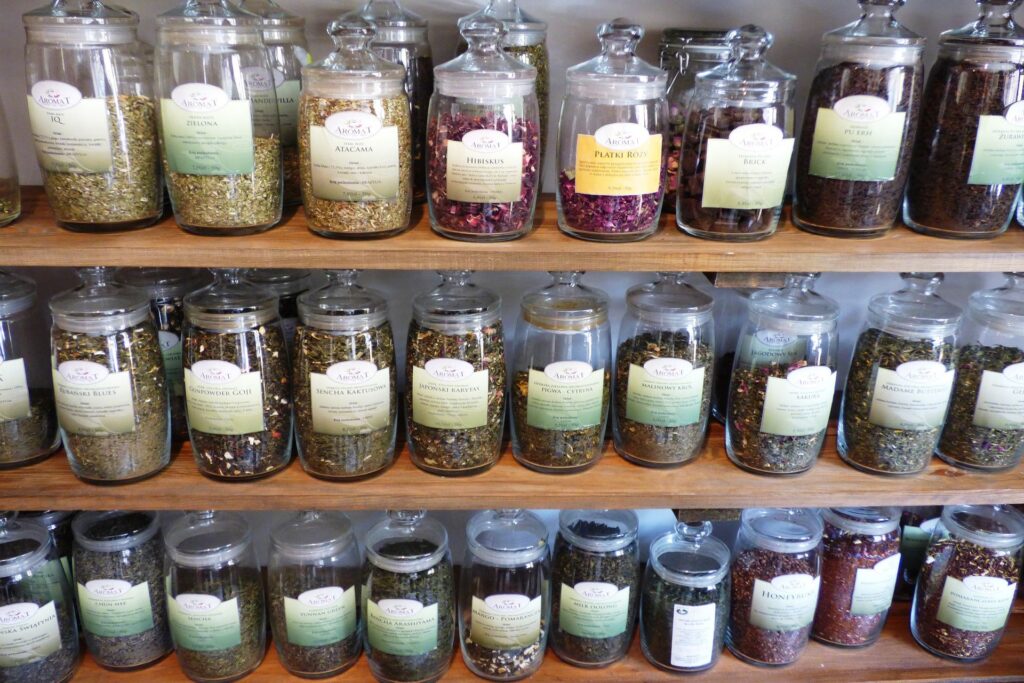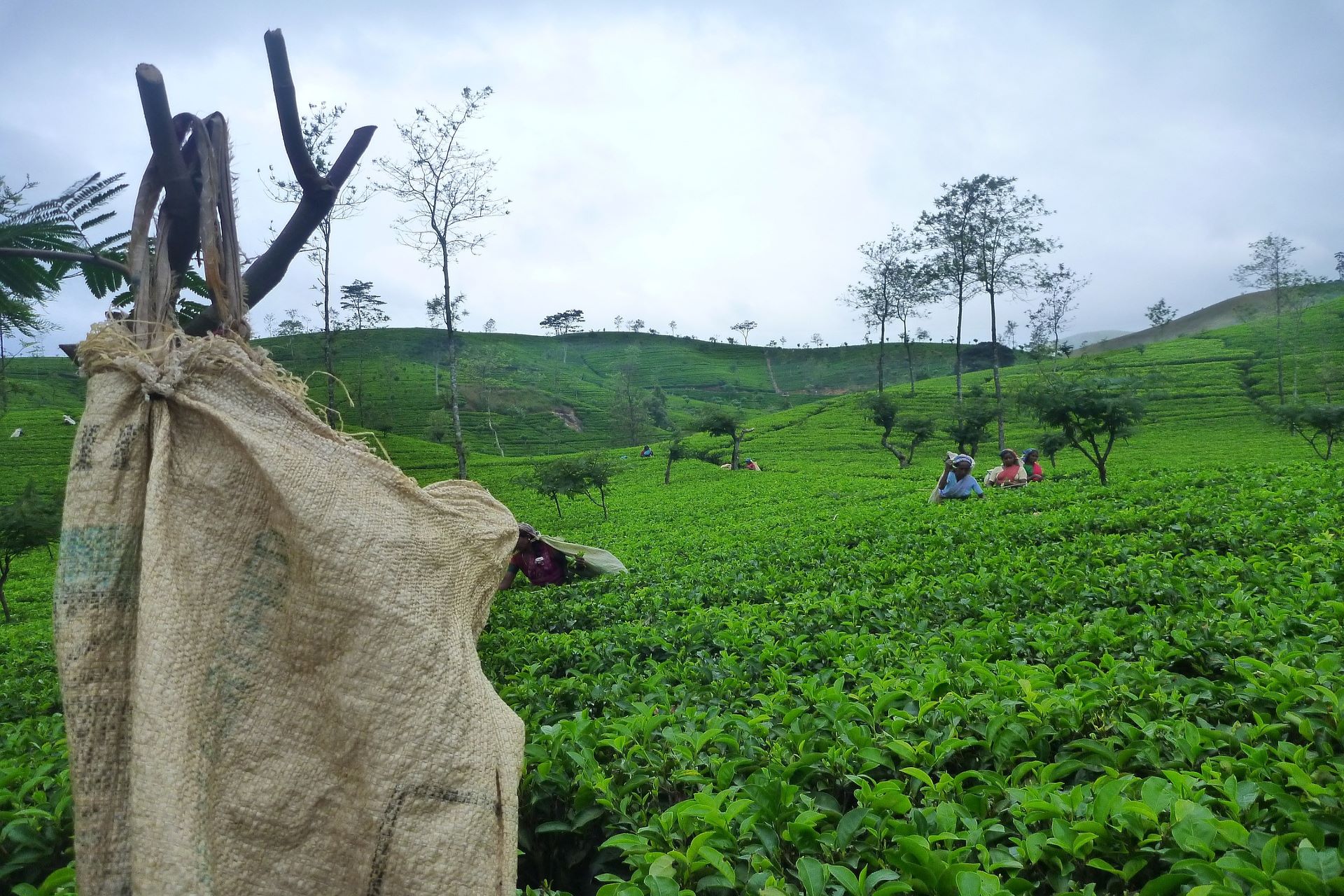Ceylon tea, renowned for its exceptional quality and distinctive flavor, stands as one of the world’s most celebrated tea varieties. Originating from Sri Lanka, formerly known as Ceylon, this tea holds a significant place in global tea culture.
Table of Contents

1. History and Origins of Ceylon Tea
The story of Ceylon tea dates back to the 19th century when British colonizers introduced tea plantations to Sri Lanka. Initially, coffee was the primary export, but a devastating disease led to the shift to tea cultivation, laying the foundation for Ceylon’s prominence in the tea industry.
2. Varieties of Ceylon Tea
Ceylon tea comes in various types, such as black, green, white, and oolong, each possessing unique characteristics derived from different processing methods and elevations.
3. Cultivation and Production Process
The tea estates scattered across Sri Lanka employ meticulous cultivation and harvesting methods, ensuring the finest quality tea leaves. The plucking, withering, rolling, oxidation, and drying processes contribute to the distinct aroma and taste of tea of Ceylon.
4. Health Benefits of tea of Ceylon
Beyond its rich taste, tea of Ceylon offers numerous health benefits, including antioxidants, improved heart health, enhanced metabolism, and potential cancer-fighting properties.
5. Tea of Ceylon and its Impact on Culture
The deep-rooted cultural significance of Ceylon tea is evident in Sri Lanka’s social fabric, where tea consumption is an integral part of daily life, ceremonies, and traditions.

6. Best Practices for Brewing Tea of Ceylon
To savor the full essence of tea of Ceylon, mastering the art of brewing is essential. Optimal water temperature, steeping time, and serving methods play pivotal roles in unlocking its flavors.
7. Popular Ceylon Tea Brands
Several renowned brands offer exceptional tea of Ceylon, each showcasing its unique blend and characteristics, catering to diverse preferences worldwide.
8. Sustainability and Ethical Practices in Ceylon Tea Industry
The sustainability efforts and ethical practices adopted in Ceylon’s tea industry aim to promote fair trade, environmental conservation, and the well-being of tea workers.
9. Challenges Faced by Tea of Ceylon Industry
Despite its global acclaim, the tea of Ceylon industry grapples with challenges like climate change, fluctuating market demands, and rising production costs.
10. Comparative Analysis with Other Tea Varieties
Contrasting Ceylon tea with other popular tea types, showcasing its unique attributes, flavor profiles, and distinctive qualities.

11. Future Trends and Innovations in Tea of Ceylon
Advancements in technology, sustainable practices, and innovative blends forecast a promising future for tea of Ceylon, adapting to evolving consumer preferences.
12. Global Market Presence of Tea of Ceylon
Market of tea of Ceylon has reached worldwide, with its premium quality sought after in various regions, contributing significantly to Sri Lanka’s economy.
13. Consumer Tips and Recommendations
Guiding consumers on selecting, brewing, and enjoying tea of Ceylon, empowering them to make informed choices based on their preferences.
Conclusion
In conclusion, Ceylon tea’s legacy continues to captivate tea enthusiasts globally, cherished for its rich history, diverse varieties, health benefits, and cultural significance.
Unique FAQs About Ceylon Tea
- Is Ceylon tea the same as Sri Lankan tea?
- Yes, Ceylon tea is the same as Sri Lankan tea. The name “Ceylon” was used when Sri Lanka was a British colony. After gaining independence, the country’s name changed, but the tea continued to be known as tea of Ceylon due to its historical significance.
- What makes tea of Ceylon stand out among other teas?
- Tea of Ceylon stands out due to its distinctive flavors, which vary based on the region and elevation where it’s grown. It offers a range of tastes from brisk and bold to delicate and floral, catering to diverse preferences.
- How should I store tea of Ceylon to maintain its freshness?
- To preserve the freshness of tea of Ceylon, store it in an airtight container away from moisture, light, and strong odors. Keep it in a cool, dry place, and avoid exposure to direct sunlight.
- Are there any caffeine-free varieties of Ceylon tea available?
- Yes, there are caffeine-free or low-caffeine options available in Ceylon tea. Herbal blends, decaffeinated versions, and certain white tea variations are some alternatives for those seeking lower caffeine content.
- What role does elevation play in the quality of tea of Ceylon?
- Elevation significantly influences the flavor and quality of tea of Ceylon. Teas grown at higher elevations tend to have a more nuanced and complex taste profile due to cooler temperatures and slower growth, resulting in higher quality leaves.

